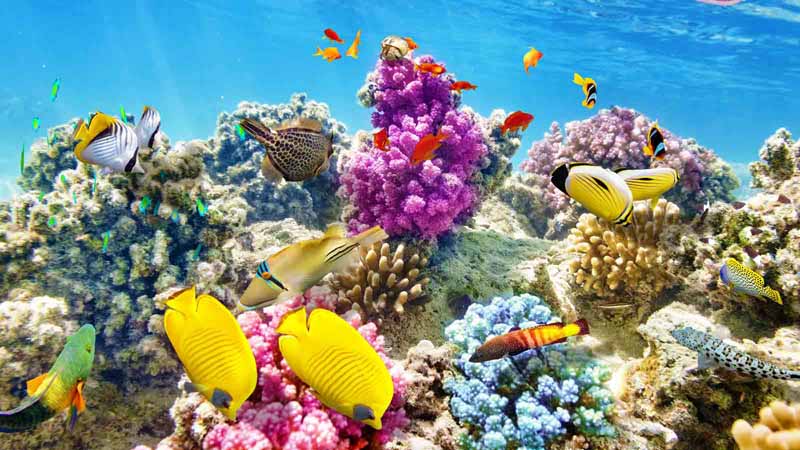A research group from Australia has, for the first time ever, revealed the history of climate change’s impact on the Great Barrier Reef over the past eight millennia.
The study was performed as part of an ARC-funded consortium of UQ (Professors Gregory Webb and Jianxin Zhao), the University of Sydney (Professor Jody Webster), and Queensland University of Technology (Dr Luke Nothdurft).
The research group, which was headed by the University of Queensland graduate Dr Marcos Salas-Saavedra, examined earth elements in drilled reef cores and unveiled a deep history of wild weather.
Salas-Saavedra said that while monsoonal rains eased and the water quality greatly improved, it was noticed that water quality declined during times of dampened El Niño Southern Oscillation frequency 1,000 years later.
Read also: 91 confirmed dead as flooding hits Brazil
The study also found that reef cores were retrieved from Heron and One Tree reefs by UQ’s Dorothy Hill Research Vessel before Professor Jianxin Zhao dated and examined the cores at UQ’s Radiogenic Isotope Facility.
It concentrated on rare earth elements that have been conserved in microbialites — rocks made by microbes. This has been increasing across the Great Barrier Reef’s history.
According to reports, data from the study enables scientists to comprehend for the first-time what water quality was like on the Great Barrier Reef over a prolonged period.
Story was adapted from Azo Cleantech.
